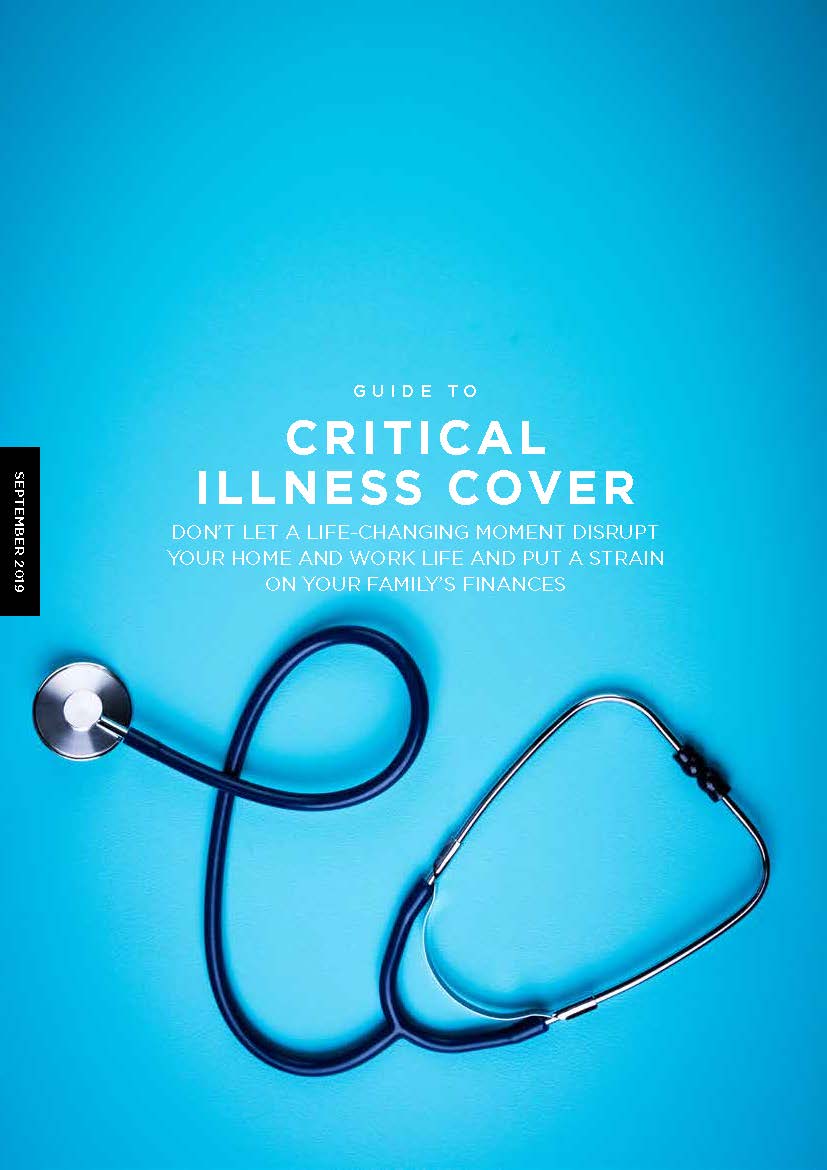Safeguarding more of what is rightfully yours for future generations
When we die, we like to imagine that we can pass on our assets to our loved ones so that they can benefit from them. In order for them to benefit fully from your assets, it is important to consider the impact of Inheritance Tax.
Inheritance Tax is payable on everything you have of value when you die. This includes your home, jewellery, savings and investments, works of art, cars, and any other properties or land, which includes any that are overseas. But there are certain circumstances if you put assets into certain types of trusts, for example, when Inheritance Tax becomes payable earlier.
Estate matters – what you need to know When you die, your assets become known as your ‘estate’. There is normally no Inheritance Tax to be paid if the value of your estate is below the Inheritance Tax nil-rate band (NRB) threshold of £325,000, or you leave everything to your spouse or registered civil partner, or you leave everything to an exempt beneficiary such as a charity. Unmarried partners, no matter how long standing, have no automatic rights under the Inheritance Tax rules. Where your estate is left to someone other than a spouse or registered civil partner (for example, to a non-exempt beneficiary), Inheritance Tax will be payable on the amount that exceeds the NRB threshold. The NRB threshold has been frozen at £325,000 for tax years up to and including 2020/21. If the value of your estate is above the NRB of £325,000, then the part of your estate that is above this threshold will be liable for tax at the rate of 40%.
Residence nil-rate band (RNRB) The residence nil-rate band (RNRB), also known as the ‘home allowance’, was introduced in
2017 and now applies where the deceased owned a home, or share of a home, which is inherited by their direct descendants. This also includes step-children, adopted children and foster children, but not nieces, nephews or siblings. Provided certain conditions are met, the home allowance gives you an additional allowance to be used to reduce the Inheritance Tax against your home.
Tapering away the value of your estate The RNRB starts to be tapered away by £1 for every £2 if your estate is worth more than £2 million on death. Unlike the standard NRB, it’s only available for transfers on death. It’s normally available if you leave a residential property that you’ve occupied as your home outright to direct descendants. It might also apply if you’ve sold your home or downsized from 8 July 2015 onwards. If spouses or registered civil partners don’t use the RNRB on first death – even if this was before 6 April 2017 – there are transferability options on second death. The RNRB allowance is currently £125,000 (2018/19 tax year), but it will rise incrementally to reach £175,000 in 2020/21 and in line with the Consumer Price Index thereafter.
Unused NRB on the death of a deceased spouse If you are a widow or widower and your deceased spouse did not use their entire NRB, the NRB applicable at your death can be increased by the percentage of NRB unused on the death of your deceased spouse, provided
your executors make the necessary elections within 2 years of your death. To calculate the total amount of Inheritance Tax payable on your death, gifts made during your lifetime that are not exempt transfers must also be taken into account. Where the total amount of non-exempt gifts made within seven years of death plus the value of the element of your estate left to non-exempt beneficiaries exceeds the NRB threshold, Inheritance Tax is payable at 40% on the amount exceeding the threshold.
Reduced rate as a result of a charity bequest This reduces to 36% if the estate qualifies for a reduced rate as a result of a charity bequest. In some circumstances, Inheritance Tax can also become payable on the lifetime gifts themselves – although gifts made between three and seven years before death could qualify for taper relief, which reduces the amount of Inheritance Tax payable. Taper relief applies where tax, or additional tax, becomes payable on your death in respect of gifts made during your lifetime. The relief works on a sliding scale. The relief is given against the amount of tax you’d have to pay rather than the value of the gift itself. The value of the gift is set when it’s given, not at the time of death.
Small gifts not subject to Inheritance Tax liability HM Revenue & Customs (HMRC) permits you to make a number of small gifts each year without creating an Inheritance Tax liability. Each person has their own allowance, so the amount can be doubled if each spouse or registered civil partner uses their allowances. You can also make larger gifts known as Potentially Exempt Transfers (PETs) and you could have to pay Inheritance Tax on their value if you die within seven years of making them.
Chargeable Lifetime Transfers (CLT) Any other gifts made during your lifetime which do not qualify as a PET will immediately be


